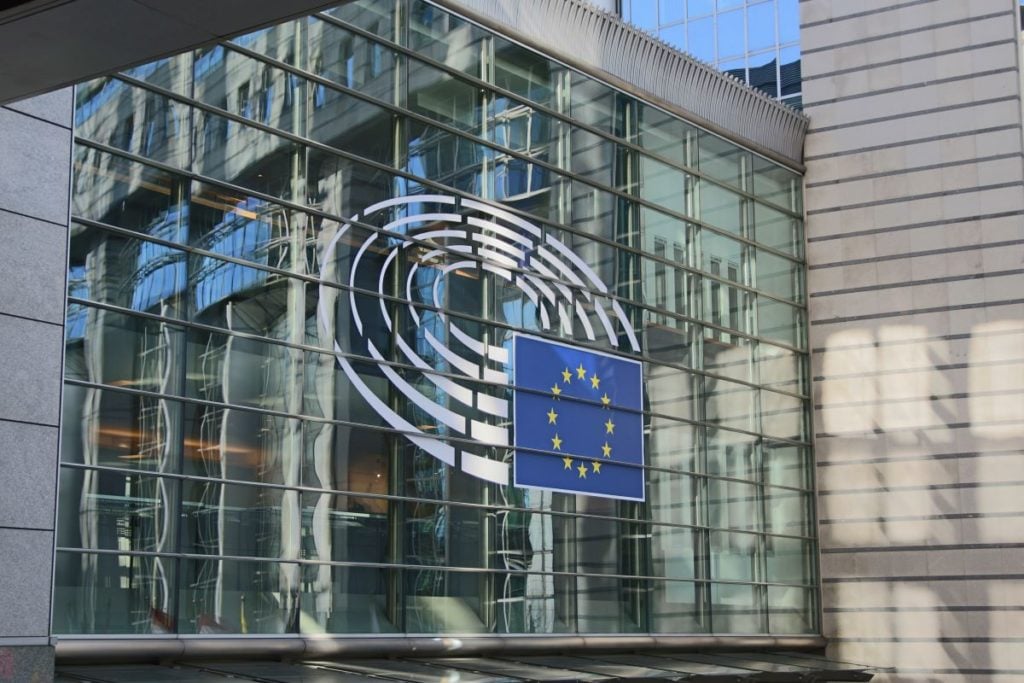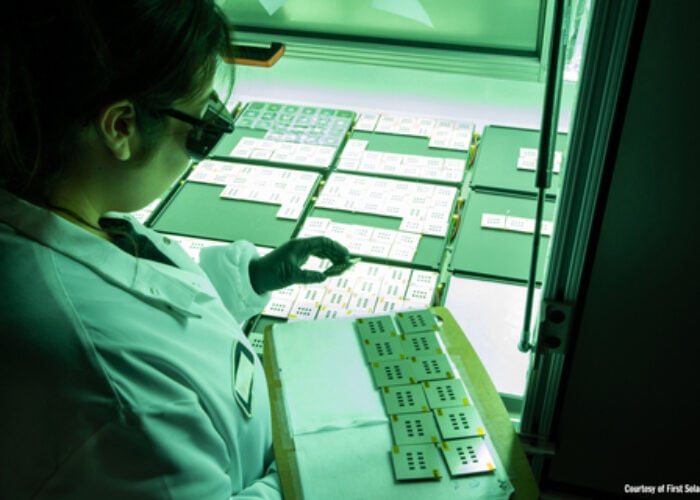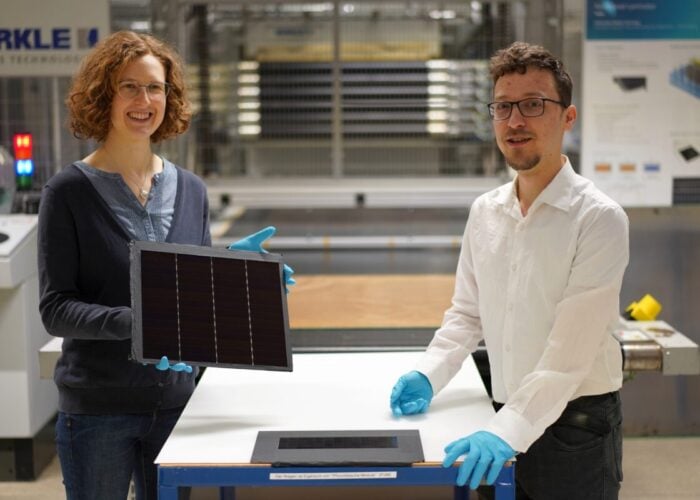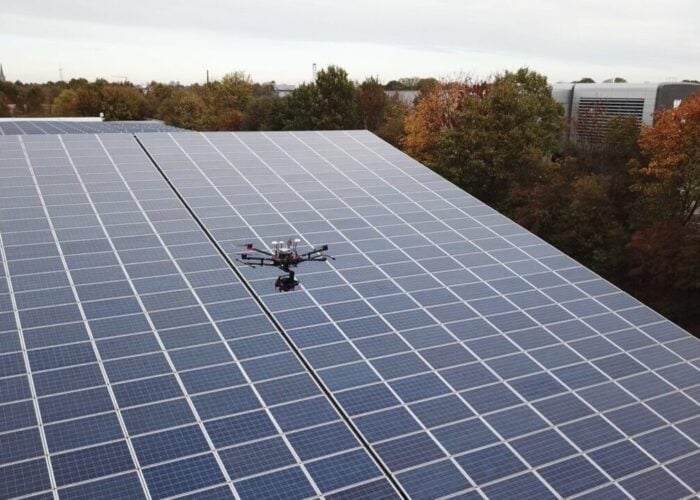
The EU has reached a provisional agreement on a regulation to ban products made with forced labour from entering its market.
Early this morning (Tuesday, 5th March), negotiators from the European Parliament and EU Council reached a provisional agreement on the proposal, for which portions of Europe’s solar PV industry have been calling for some time.
Try Premium for just $1
- Full premium access for the first month at only $1
- Converts to an annual rate after 30 days unless cancelled
- Cancel anytime during the trial period
Premium Benefits
- Expert industry analysis and interviews
- Digital access to PV Tech Power journal
- Exclusive event discounts
Or get the full Premium subscription right away
Or continue reading this article for free
The proposal will see national authorities – or the European Commission if a third country is involved – investigate companies’ supply chains where forced labour is suspected. Where forced labour is found, the authorities can demand that relevant goods be removed from the EU market and online marketplaces and be confiscated at its borders.
Companies that do not comply with investigations will be fined – though the Council’s statement does not explain how it plans to enforce these fines – and proof of the elimination of forced labour will allow offending products to return to the market. The regulation would also establish a Forced Labour Single Portal – a digital platform including databases, guidelines and information on bans to help enforce the new rules.
The forced labour ban was adopted by the EU Internal Market and International Trade committees last October, pending talks and approvals by the Parliament.
This legislation will now wait for the Parliament and Council to give a final “green light” before being published in the Official Journal and entering law the following day.
Co-rapporteur of the proposal and member of the EU parliament, Samira Rafaela, said: “This law is groundbreaking in the field of human rights. It will prevent forced labour products from entering our market. And it has several references to remediation. It is a step forward in achieving fair trade and cleaning up supply chains while prioritising human rights. To combat forced and state-imposed labour, we must work with like-minded partners and become a strong ally in the global fight against forced labour.”
‘High-risk areas’
In the provisional agreement, Parliament said: “The Commission will draw up a list of specific economic sectors in specific geographical areas where state-imposed forced labour exists. This will then become a criterion to assess the need to open an investigation.”
It continued: “The Commission can also identify products or product groups for which importers and exporters will have to submit extra details to EU customs, such as information on the manufacturer and suppliers of these products.”
This portion of the legislation could apply most readily to the Solar PV industry, which has allegedly been exposed to state-sponsored forced labour in the upstream portions of the supply chain.
The nature of the “extra details” was not clarified, but in the initial October proposal of the forced labour ban, the rapporteurs described a “reversal of the burden of proof” for importers from high-risk areas, whereby they would have to prove their own compliance with the regulations, rather than responsibility falling to European investigations.
In a trilogue discussion last month, the European Solar Manufacturing Council (ESMC), representatives of the European Parliament and Chinese Uyghur Muslim representative groups called for the “reversal of the burden of proof” as the only viable way to eliminate forced labour from Europe’s solar supply chain. A lack of visibility or access to facilities has so far limited solar companies’ ability to conduct due diligence.
The proposal includes a line stating: “Goods of strategic or critical importance for the Union may be withheld until the company eliminates forced labour from its supply chains.” Which goods this refers to – and whether it would include solar PV modules – was not clarified.
Yesterday, PV Tech reported that the European Solar PV Industry Alliance (ESIA) – a representative body launched by the European Commission in 2022 – published a due diligence guide recommending that the European solar industry ‘disengage’ from regions with alleged state-sponsored forced labour.
Last week, EU member states led by Germany’s Free Democratic Party (FDP) rejected a proposed directive designed to require companies to audit their supply chains for forced labour practices and environmental damage.






